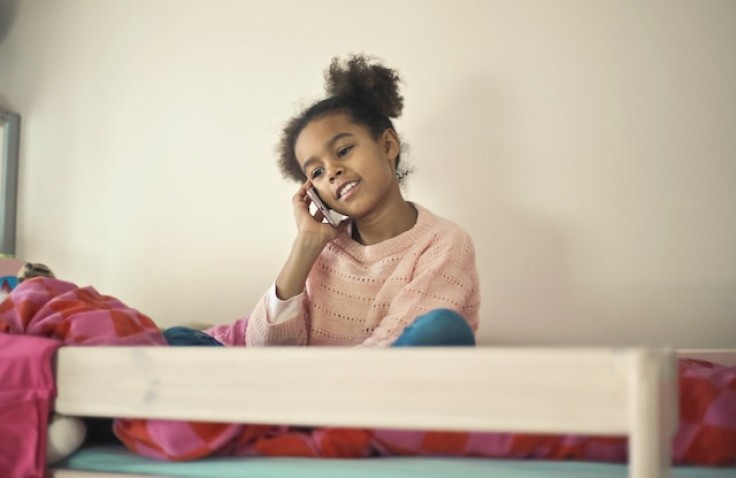
Cell phones have indeed transformed from mere communication devices to an integral part of young lives today. A new study conducted by Common Sense Media, a San Francisco-based nonprofit, dug deep into the relationship kids aged 11-17 have with their mobile phones. Their findings might come as an alarming revelation for many.
From a Few Hours to Almost All Day: The Shocking Screen Time Stats
According to the study, smartphones aren't just devices for young people; they're practically extensions of themselves. While the average screen time clocks in at 4.5 hours daily, some kids are glued to their phones for up to 16 hours. It's not just about the hours; it's also the frequency.
Teens reportedly check their phones anywhere from two to a staggering 498 times daily. To top it all, a concerning 97% use their phones during school, and nearly 60% are active even between midnight and 5 a.m. on school nights.
The primary culprit? Social media platforms like Instagram, Snapchat, YouTube, and the ever-addictive TikTok. Especially concerning is the dominance of TikTok among teens. While other apps have a usage limit of three hours daily, some teens spend up to seven hours on TikTok alone.
Moreover, many under-13 users are delving into age-inappropriate content, with 45% reportedly using apps with mature or adult-only ratings.
However, it's not just about the time spent but also the implications of such profound usage. Jennifer Kelman, a licensed clinical social worker, highlights that kids engrossed in their phones miss out on genuine human interactions.
The beauty of face-to-face conversations, problem-solving challenges, and real-life experiences gets overshadowed by the virtual world. This detachment is not without consequences. Kelman equates the dopamine surge from phone usage to that from drug use. In this analogy, the parents, unfortunately, play the role of inadvertent 'drug dealers.'
Therapists Weigh In: Delays and Alternatives in the Digital Age
Parents are thus faced with the challenge of moderating this digital obsession. One strong recommendation from therapists is to delay the introduction of phones.
As Kelman suggests, if communication is the sole purpose due to logistical needs, then starter phones like Pinwheel, devoid of the internet and allowing only parent-approved apps, might be a safer bet. After all, as she pointedly states, the fleeting feeling of FOMO (fear of missing out) is a far lesser evil than the potential threats lurking in the online world.
Shelley Delayne from Pinwheel emphasizes the importance of active parental involvement in their kids' digital lives. She cautions against the misconception that being tech-savvy equates to being safe online. Kids, with their not-yet-fully-developed brains, might not discern the dangers as effectively.
Common Sense Media's study is undoubtedly a wake-up call, urging introspection about our digital habits. The research primarily involved Android users, considering the data-sharing restrictions from Apple. Nevertheless, the insights provided are crucial for parents, educators, and society as a whole.
In the age of technological advancement, where boundaries between the real and virtual are increasingly blurring, the question that arises is: How do we ensure the well-being of our young generation in this digital age? Only time and our collective efforts will tell.